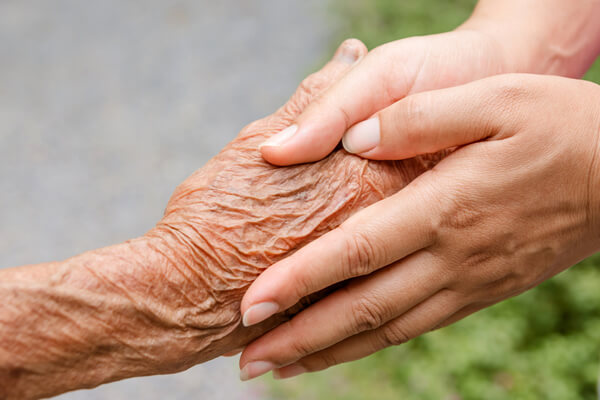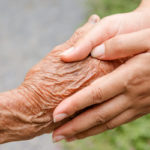How Texas law works to hold those who provide the booze liable for the cruise,and what you need to know about who can be liable – and why.
Nursing home liability in Texas and what you need to know.
This is a tough topic.
You love your parents and grandparents. They’ve spent their lives loving and doing for you, and you’ve watched them slowly grow older with grace and courage. But now it’s time. They need help on a daily basis and finding the right assisted living facility is a critical decision. You want their needs met, and most of all you want them safe and secure.
The reality in Texas today is that we have many great facilities, but not all are up to standards. And some are simply inadequate or even dangerous.
Nursing homes are licensed facilities and subject to oversight and regulation by state and federal agencies. Nursing home liability is governed substantially by Chapter 242 of the Texas Health and Safety Code, mandating specific standards (will link words).
The Texas agency responsible for nursing home oversight is the Texas Department of Aging and Disability Services (“DADS”).
DADS has a terrific website full of information on available senior services and on licensed facilities throughout the state. If you want to research a specific facility and learn of any regulatory violations, fines, license suspensions, etc., there’s a place on this website that directs you on how to submit an Open Records Act request and obtain the information you need.
Actionable cases against nursing homes/assisted living facilities fall under two broad categories: Abuse and Neglect.
- Abuse includes battery, force-feeding, over-medication, excessive use of chemical or physical restraints, verbal degradation or threats, isolation, emotional manipulation and forced or unwanted sexual contact. Such abuse/assault can occur through the actions of a staff member, another resident, visitor or stranger. Such things should be immediately reported, of course, but often the elder victim is too ashamed or afraid to say something.
- Neglect can include failure to assist with personal hygiene, failure to provide ample food, clothing and shelter, failure to provide appropriate medical treatment, failure to remedy unsanitary conditions and failure to address and remedy safety hazards.
- Signs of abuse and neglect include unexplained bruises, welts or scars, broken bones, sprains or dislocations, caregivers’ refusal to allow you to see the elder alone, torn, stained or bloody underclothing and behavior in the elder that looks like dementia, such as rocking, thumb-sucking or self-mumbling.
It’s unimaginable to think of such things happening to your loved ones, but sadly it occurs far more often than you realize. Be diligent in your facility selection and then closely monitor things after that.
This is your love gift to those who have loved you all your life.
Stay safe out there!
-CW










